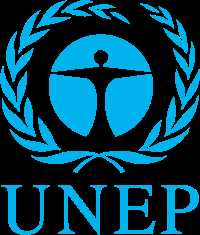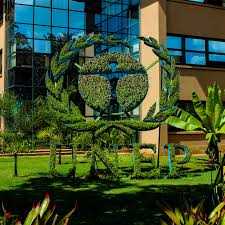The United Nations Environment Program (UNEP) is an agency of United Nations which controls & coordinates its environmental activities, assisting developing countries in making and implementing policies and practices that are environmentally sound, thereby, furthering the environmental causes. It’s founder by Maurice Strong. He is also its first director, as a result of the United Nations Conference on the Human Environment (Stockholm Conference) in June 1972. He has the overall responsibility for environmental problems among United Nations agencies.

The policy for a secure, stable, adequate and increased financial resource (SSAIFR) for UNEP is structured along the following principles:
• A shift towards increased un-earmarked funding.
• A wide based for contributions.
• More partnerships that increase resources and results at a global level.
• Increased values of Return On Investment (ROI).
• Accountability and Communication.
It works on the development and implementation of policy with national governments, regional institutions in conjunction with environmental non-governmental organizations (NGOs). United Nations Environment has also been active in funding and implementing environment related development projects.
Recently in 2013, UN official called for urgent action to improve air quality in Asia-Pacific region. According to Noeleen Heyzer, Executive Secretary of the UN Economic and Social Commission for Asia and the Pacific (ESCAP), “The ongoing problem of air pollution between Indonesia and Singapore is symptomatic of a much wider challenge for the countries of the region”. She is urging Governments in the region to prioritize critical issues of air quality and human health.

“Cross-boundary pollution is politically complex, but it must be urgently addressed. We need more effective frameworks to manage ecosystem services, such as air and water, which transcend administrative and political boundaries,” she said, adding that such matters are regional issues which must be tackled at the regional, as well as national and local levels.
According to ESCAP, urban air pollution generated by vehicles, industries and energy production causes an estimated 500,000 premature deaths in Asian cities every year, which is frankly quite a lot.